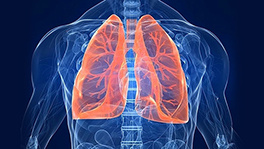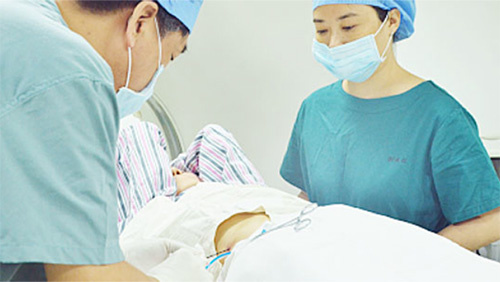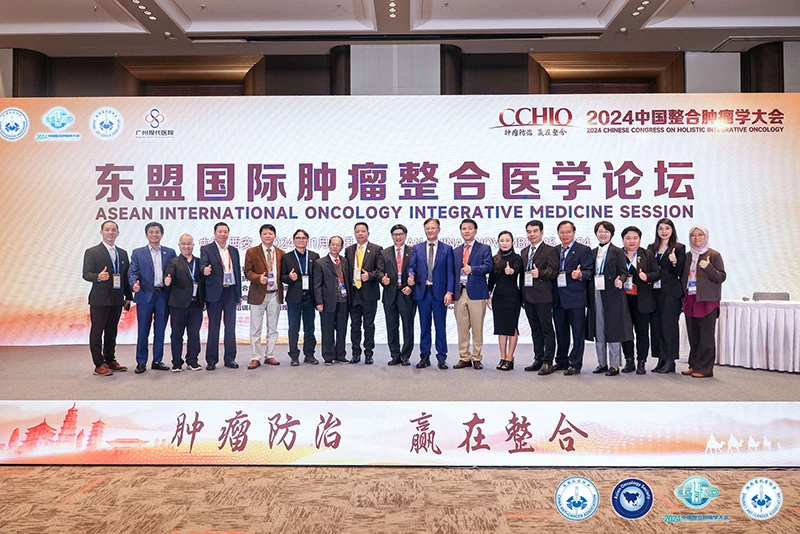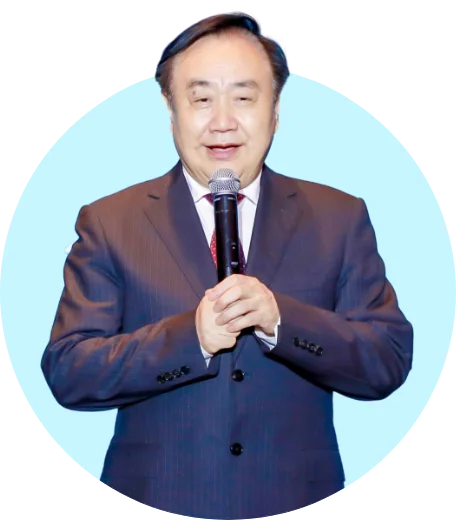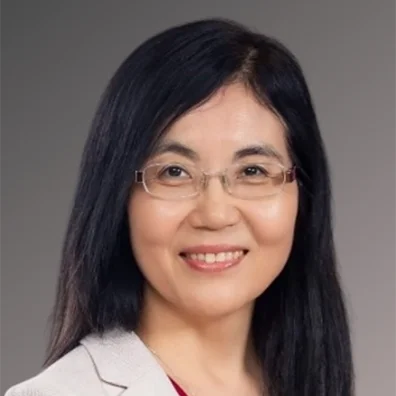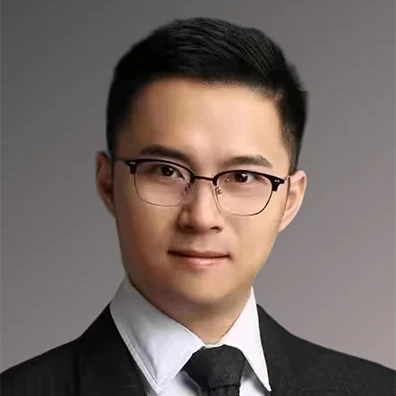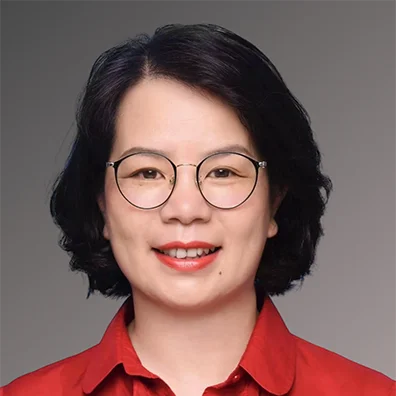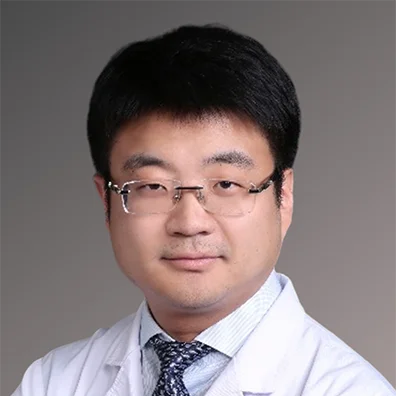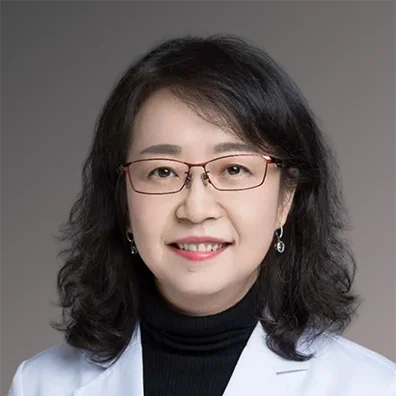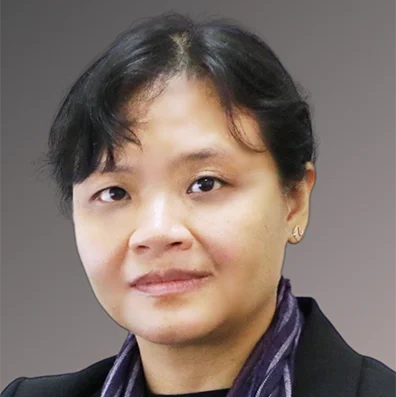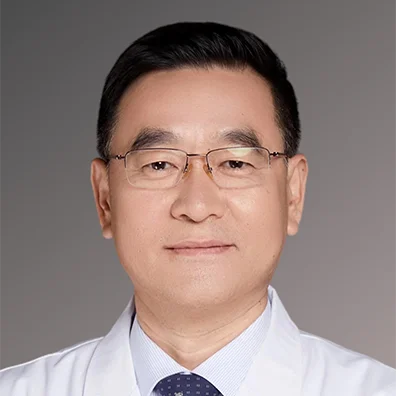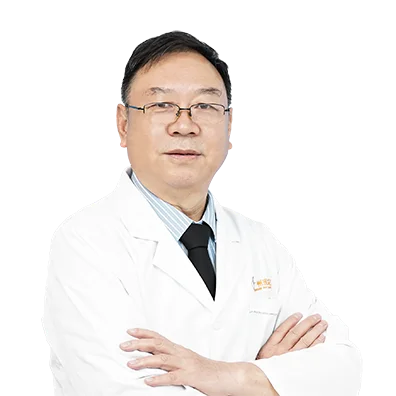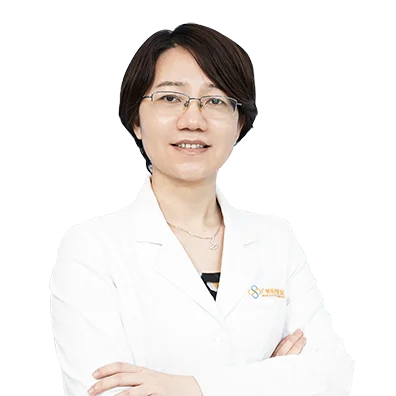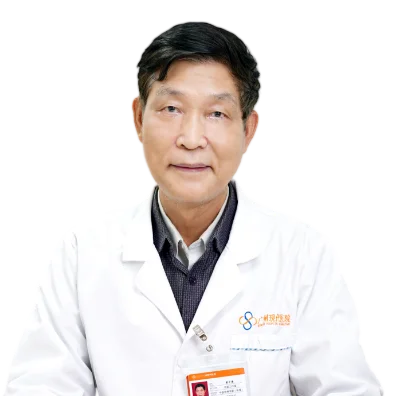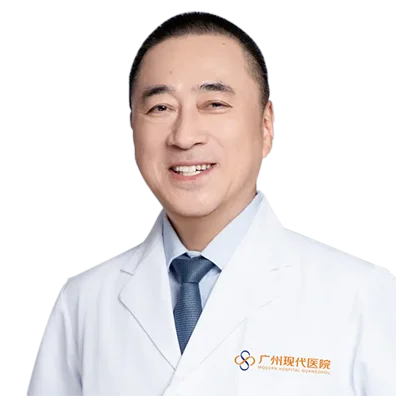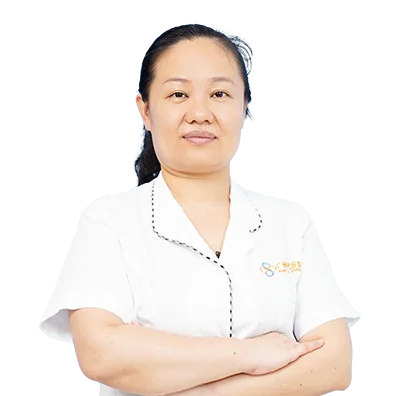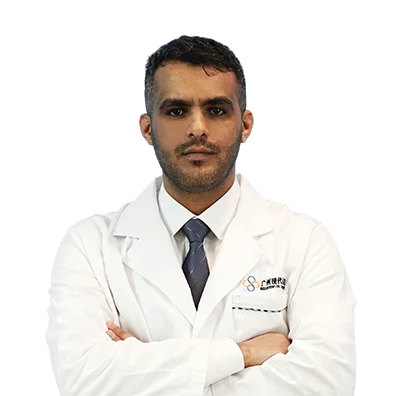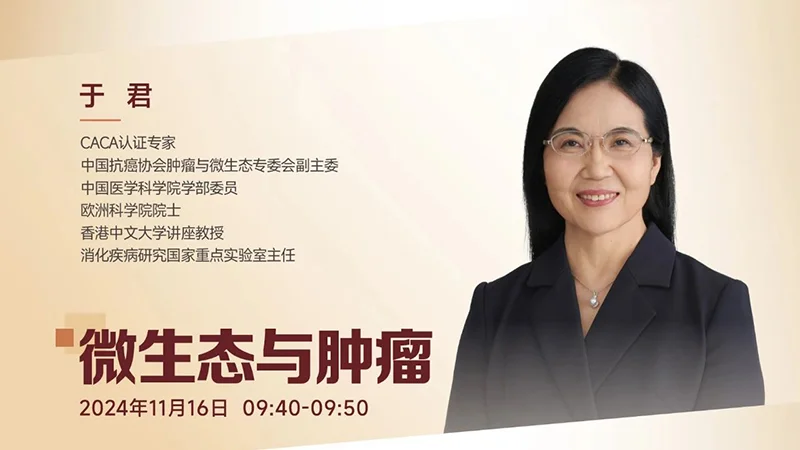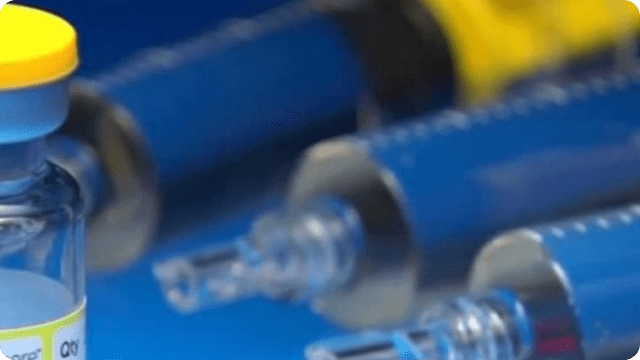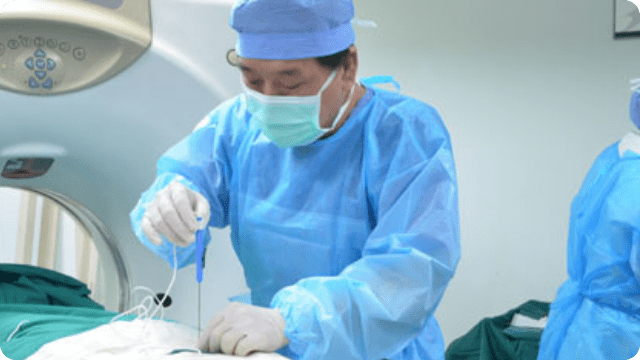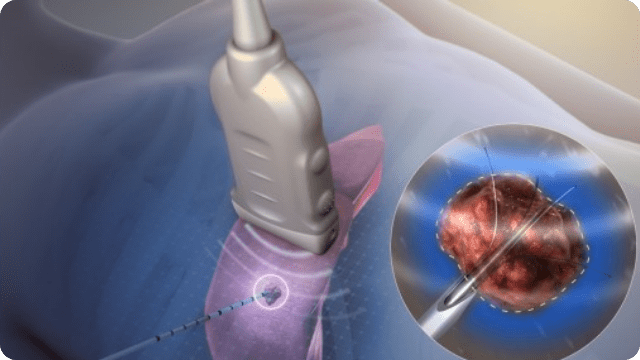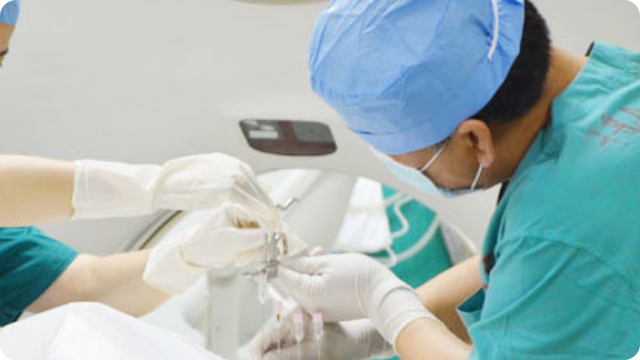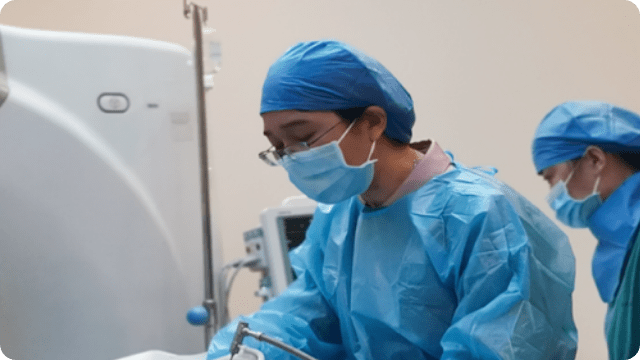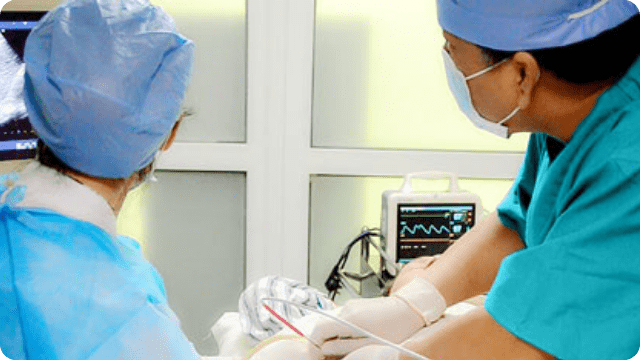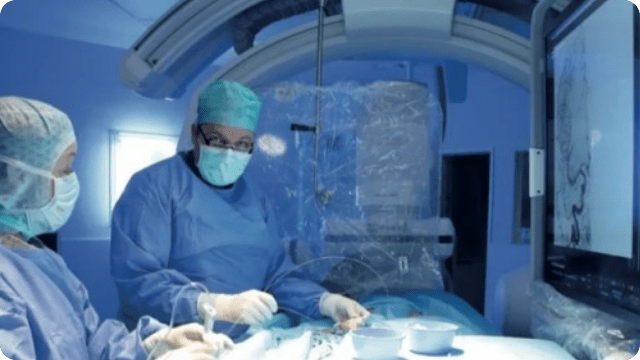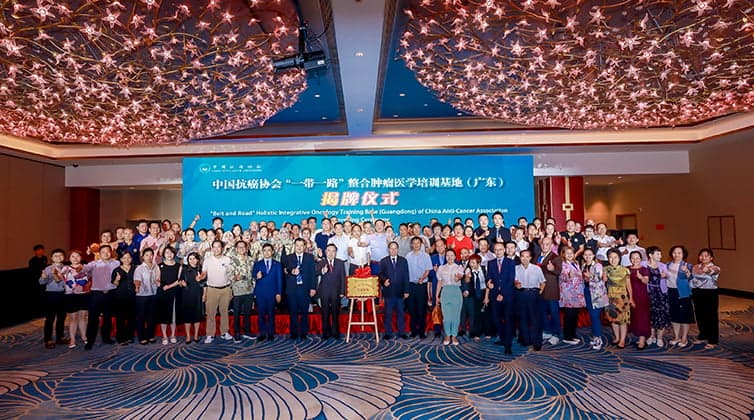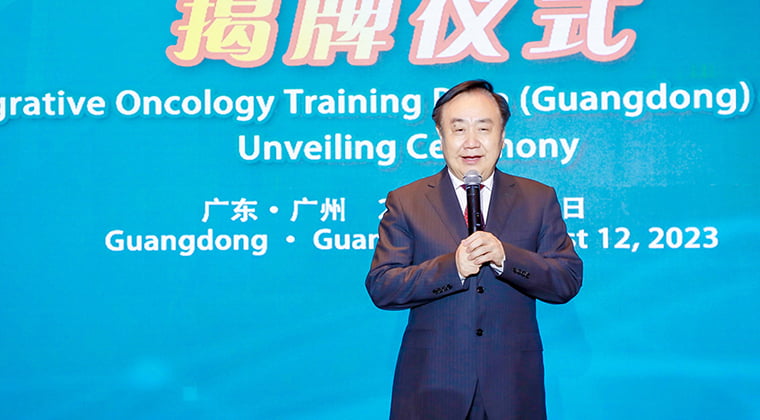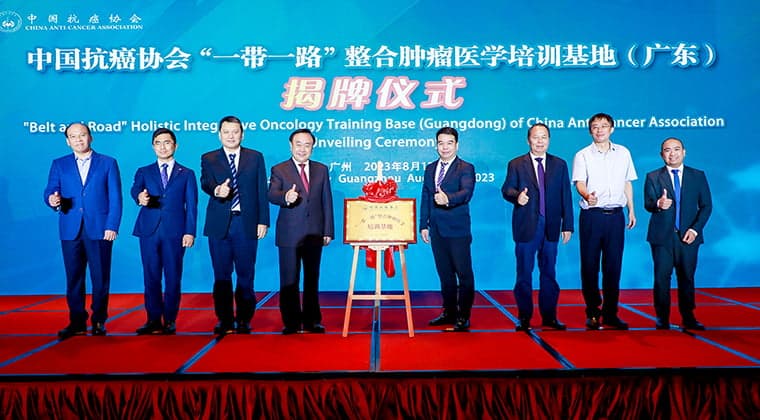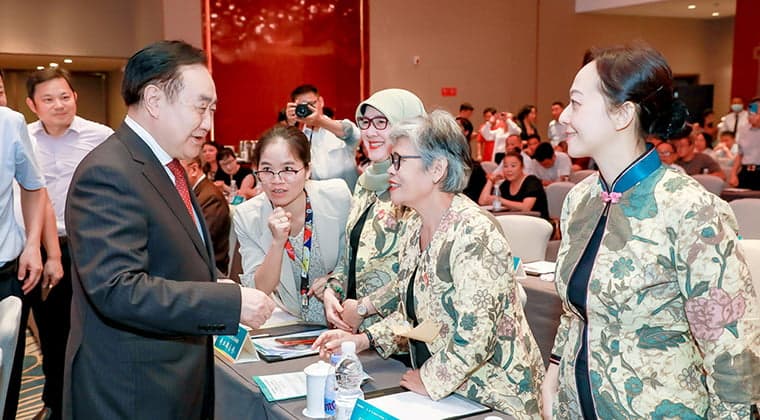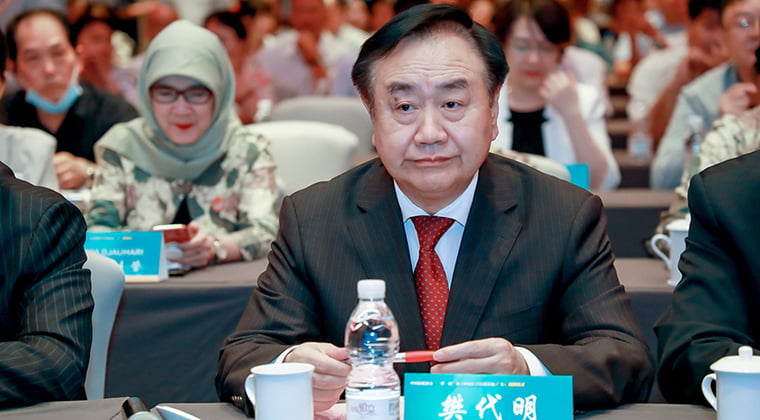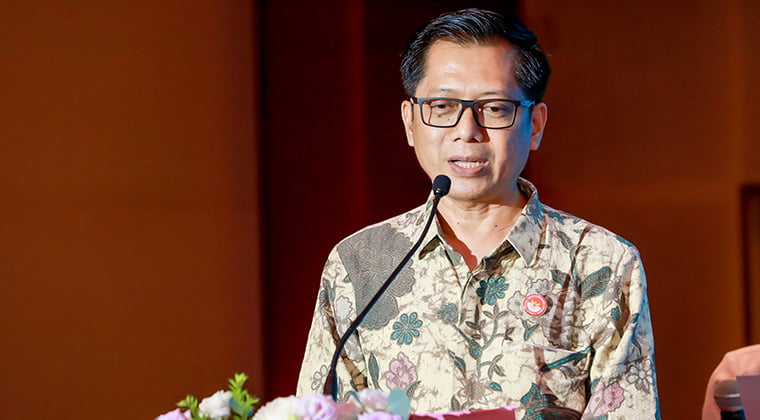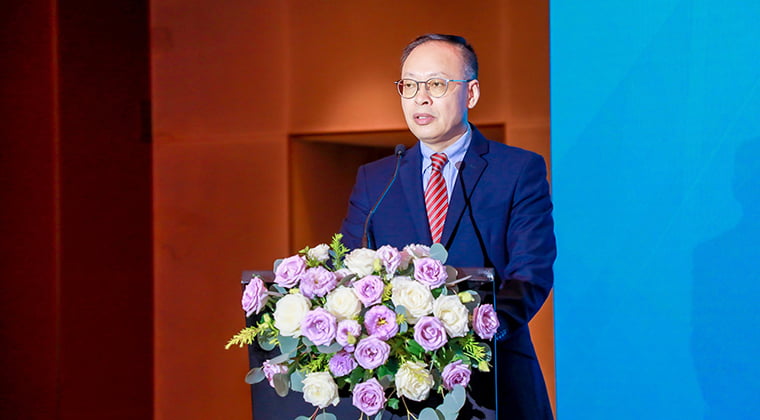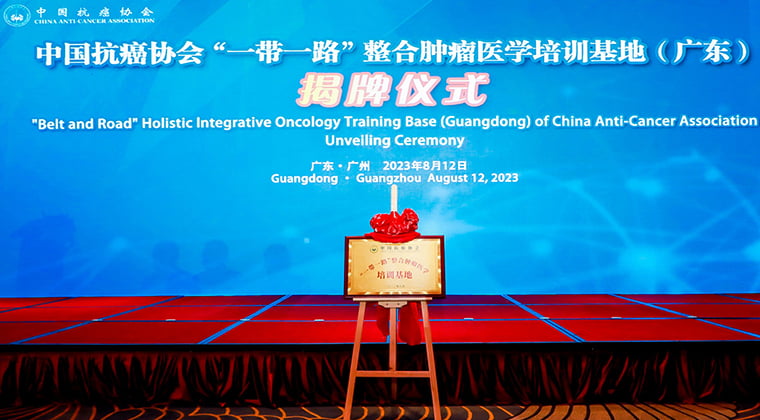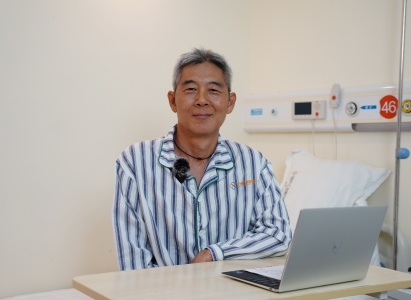 Prostate cancer
Prostate cancer- Mr.Chen
- Malaysiamore than 1 year
Mr.Chen was diagnosed prostate cancer, the local doctor suggested him to undergo a direct resection, but Mr.TING wanted to live a l...
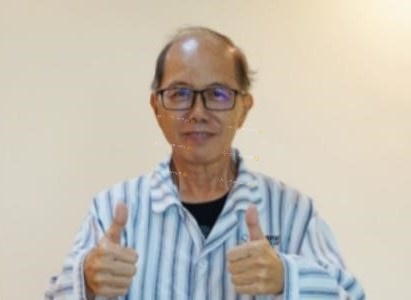 Non-Hodgkin Lymphoma
Non-Hodgkin Lymphoma- Yoo Khee Chai
- Malaysiamore than 1 year
After being diagnosed with mantle cell lymphoma, Malaysian patient Yoo Khee Chai sought alternative therapies due to concerns about...
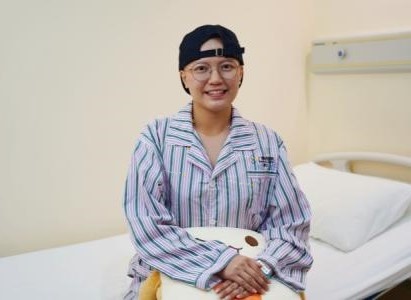 varian cancer
varian cancer- Ms.BEH
- MalaysiaSurvive l for more than 1 year
I’m BEH’s mom and we are from Malaysia. As a mother, I once thought that my daughter's future should be full of sunshine and la...
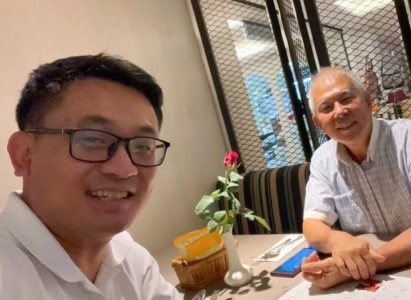 rectal cancer
rectal cancer- Chan Khian Yap
- Malaysiamore than 2 years
I’m Dato’ Ting Chiew Yew, Deputy Minister of Tourism of Sarawak, Malaysia, and a good friend of Mr. Chan Khian Yap. I would lik...
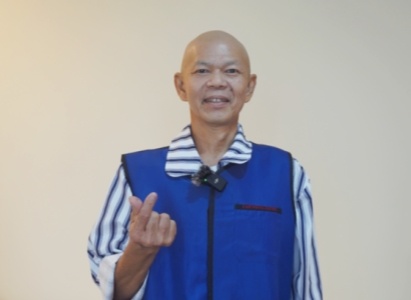 lung cancer
lung cancer- WONG CHUN WAI
- MalaysiaSurvive for more than 1 year
My name is WONG CHUN WAI, I’m 51 years old from Selangor, Malaysia.At the beginning of May 2023, I was diagnosed with lung cancer...
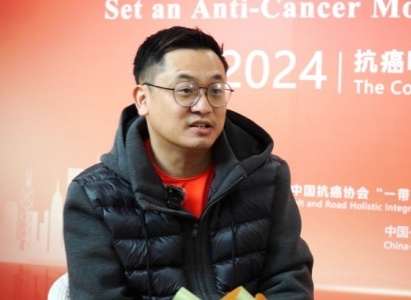 Rectal cancer
Rectal cancer- CHAN KHIAN YAP
- Malaysiamore than 2 years
CHAN KHIAN YAP, 35 years old, from Malaysia. He was diagnosed with rectal cancer in 2022 and refused the local hospital’s treatme...
 Breast Cancer
Breast Cancer- Noraini
- Malaysiamore than 5 years
Noraini, from Malaysia, was diagnosed with stage IIIB breast cancer accompanied by lymph node metastasis in 2019, and after breast ...
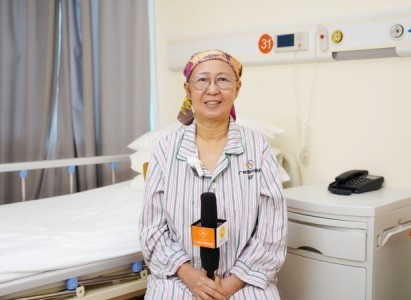 Parotid gland cancer
Parotid gland cancer- Lau Bee Geok
- Malaysiamore than 5 years
"A few days after the particle implantation, the tumor on my right cheek was significantly reduced in size, I was shocked by such a...
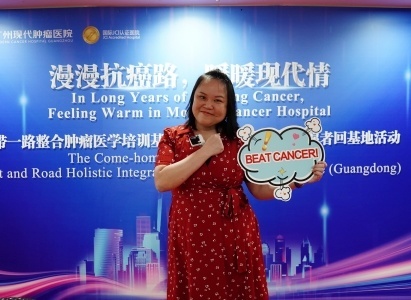 parotid gland cancer
parotid gland cancer- Ms. Chen
- Malaysiamore than 6 years
(Personal interview with Ms. Chen) On November 15, 2023, St. Stamford Modern Cancer Hospital Guangzhouheld "Belt and Road Holistic ...
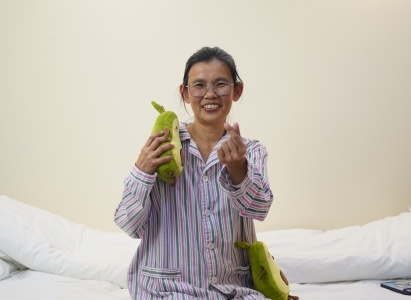 Gastric cancer
Gastric cancer- TEONG MENG ENG
- MalaysiaMore than 1 year
"Regarding treatment matters, the local Malay doctors will not talk to us a lot and they come and go so quickly, but the doctors ov...
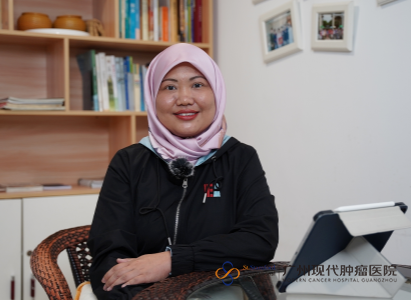 Endometrial cancer
Endometrial cancer- Ms. Liu
- Malaysia
Ms. Liu was diagnosed with endometrioid carcinoma and doctor recommended her to remove the uterus. But she thought she was still yo...
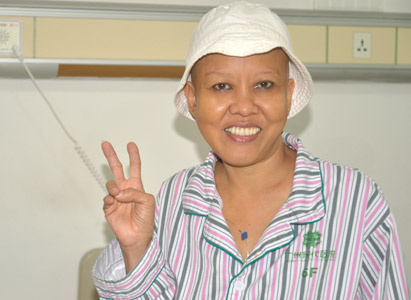 Lung Cancer
Lung Cancer- ONG CHOON MOY
- MalaysiaSurvive for more than 9 years
ONG CHOON MOY, comes from Malaysia, was diagnosed with lung cancer in 2014, with metastasis to the pleura. After taking interventio...






